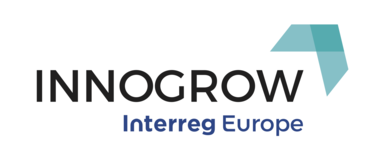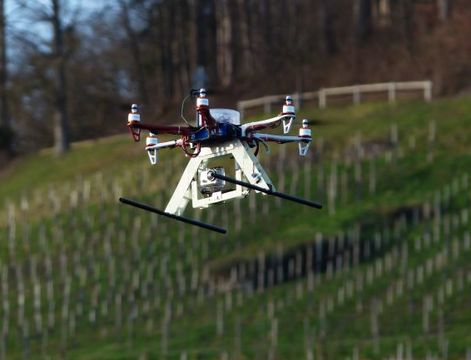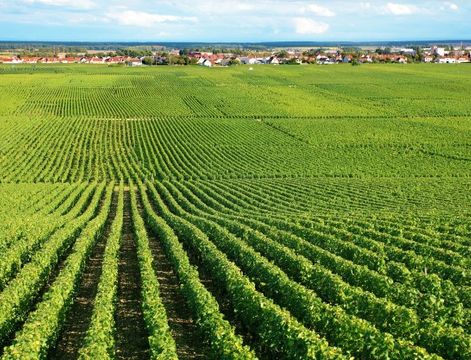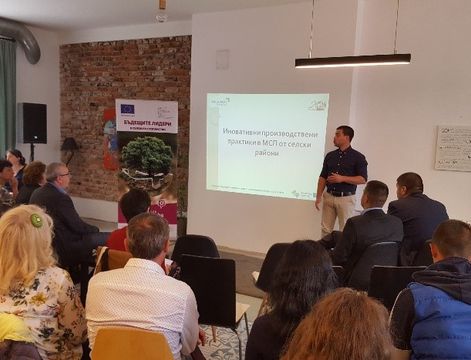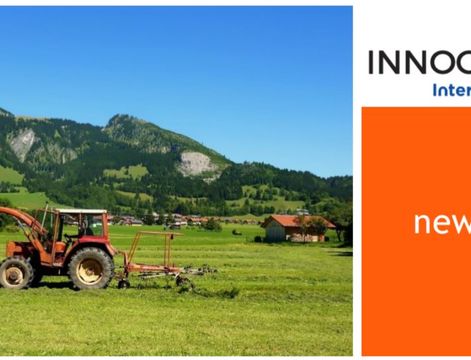1st Regional Stakeholders Meeting in Thessaly for the INNOGROW project – (Regional policies for innovation driven competitiveness and growth of rural SMEs)

Under the aegis of the Region of Thessaly and in the context of the proceedings of the INNOGROW 1st stakeholder meeting, major stakeholders from the Thessalian rural economy sectors met in Larissa on Friday 30th of March, to discuss the innovation potential of the regional rural economy and the ways to use exchanges of know-how and funding from the EU for encouraging entrepreneurship, innovativeness and overall development in their sector.
Rural economy innovativeness is of crucial importance to the region of Thessaly, since its GDP is mostly produced via either the primary sector (accounts for approximately 35% of regional GDP) or tertiary sector services pertaining to the rural economy such as tourism in rural areas, retail and wholesale trade and transportation of primary sector products. Thessaly accounts for 10% of the farms and 12% of the cultivated lands in Greece and mostly produces wheat, cotton, cereals, tobacco and many PDO products. Thessaly is land to quality agro-alimentary products which belong to the EU quality schemes. More precisely, regional products with a already possessing or in the process of obtaining a Protected Designation of Origin are the following 31 local products:
• Cheeses: Feta, Kasseri, Manouri, Galotyri, Batzos, Graviera from Agrafa.
• Meat products: Lamb and Goat (kid) from Elassona, Goat (kid) from Skopelos, lamb from Argithea.
• Fruits: Firiki (variety of apple) of Pelion mountain, Apples of Zagora mountain, Cherry and Apples from Agia, Apples and Chestnuts of Melivia, Table olives of Pelion mountain.
• Nuts: Almond from Sikouri – Almiros, Chestnuts from Melivia.
• Food products: Potatos from Kalipefki, Sausages from Trikala, Thessalian Durum Wheat.
• Wines & Liquor: Rapsani, Tsipouro from Tirnavos, and Wines from Tyrnavos, Elassona, Meteora, Trikala, Magnisia, Karditsa.

Despite the fact that strengthening the promotion of PDO products and convergence and networking with other EU regions and institutions already constitute priorities for the Region of Thessaly and Greece in general, the discussion in the meeting concluded that through INNOGROW, Thessaly should try to reduce the negative impact of the following factors in the overall innovativeness of Thessalian rural economy:
• Insufficient connection between research and production and incapability to develop a regional research strategy connecting these areas.
• Extremely low performance of rural economy firms in R&D expenditure.
• Thessalian rural economy does not attract knowledge intensive entrepreneurship.
• Insufficient participation of rural businesses in EU R&D programmes.
• Lack of access to venture funding.
• The impacts of economic crisis on Magnesia and the role of innovation in recovery and development.
Participants agreed to continue their collaboration for the remainder of the INNOGROW project. The next regional meeting in the framework of the project INNOGROW will be held in the forthcoming months.
